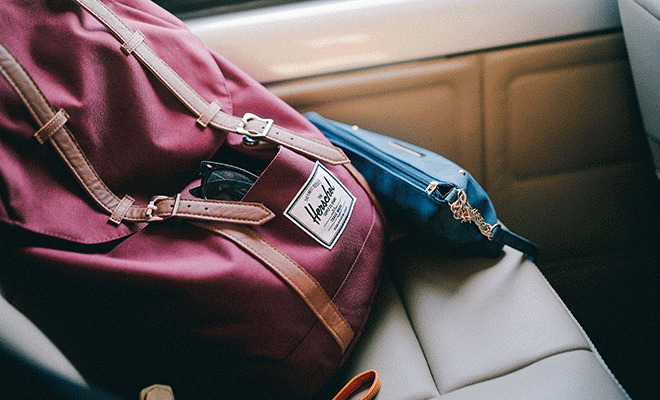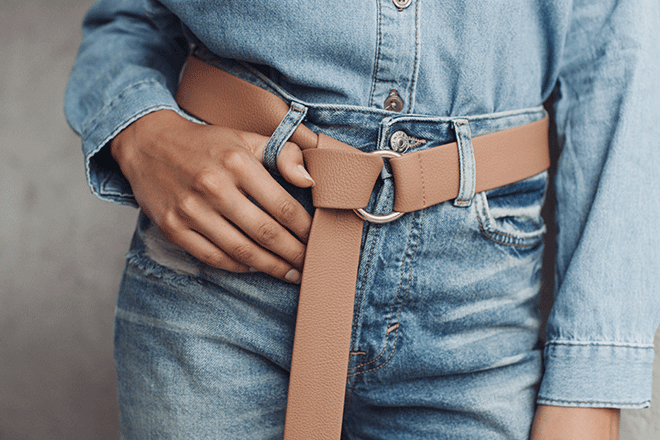 Phuoc Le
Phuoc Le
Tragic events and natural disasters are often unforeseeable, but you can take the necessary precautions to be better prepared. Whether you’re in an area that’s prone to hurricanes or earthquakes, start with a sturdy backpack that’s easy to carry and spacious enough to store needed supplies during an emergency.
Here’s what you should pack in your emergency supply kit (but, of course, customize it to meet your own personal needs and the demands of your environment).
Water
It might seem like a no-brainer, but it’s one of the most important things in your disaster kit. The Red Cross recommends one gallon per person a day, but try to pack as many bottles as you can in each kit.
Food and manual can opener
Canned goods can last up to one and a half years, so it’s your best bet when it comes to keeping non-perishable food supply on hand.
Flashlight and extra batteries
Disasters often call for power outages, so a flashlight is essential.
Battery-powered radio
In case of a natural disaster, basic amenities like electricity and telephone lines may be cut off. A radio will allow you to stay updated, track weather conditions, or hear necessary evacuation information.
First-aid kit
This should contain bandages, antibiotic and hydrocortisone creams, alcohol prep pads, gloves, tweezers, adhesive tape, soap, a splint, and a first-aid manual.
Medications and medical supplies
Pack a week’s supply of needed medications. Medical supplies can include hearing aids with extra batteries, glasses, contact lenses, and syringes.
Sanitation and personal hygiene items
Ladies, make sure to add a supply of feminine hygiene products. You should also include moist towelettes, garbage bags, and plastic ties for personal sanitation.
Copies of personal documents
In waterproof, portable containers, store copies of important documents like medical information, family emergency contact info, proof of address, deed/lease to home, passports, birth certificates, insurance policies, and bank account records.
Cell phones and chargers
If you relocate to another area or have to evacuate, you’ll need to be able to charge your cell phones to contact loved ones. Even better, keep a portable charger on hand in case you don’t have access to a power outlet.
Extra cash
It doesn’t hurt to have a few bills in your backpack. You don’t need wads of Benjamins, but having that extra bit of cash can come in handy if you ever need to evacuate.
Blankets
If you’re suddenly without power or have to spend a night outdoors, having an extra blanket will keep you warm.
xx, The FabFitFun Team





